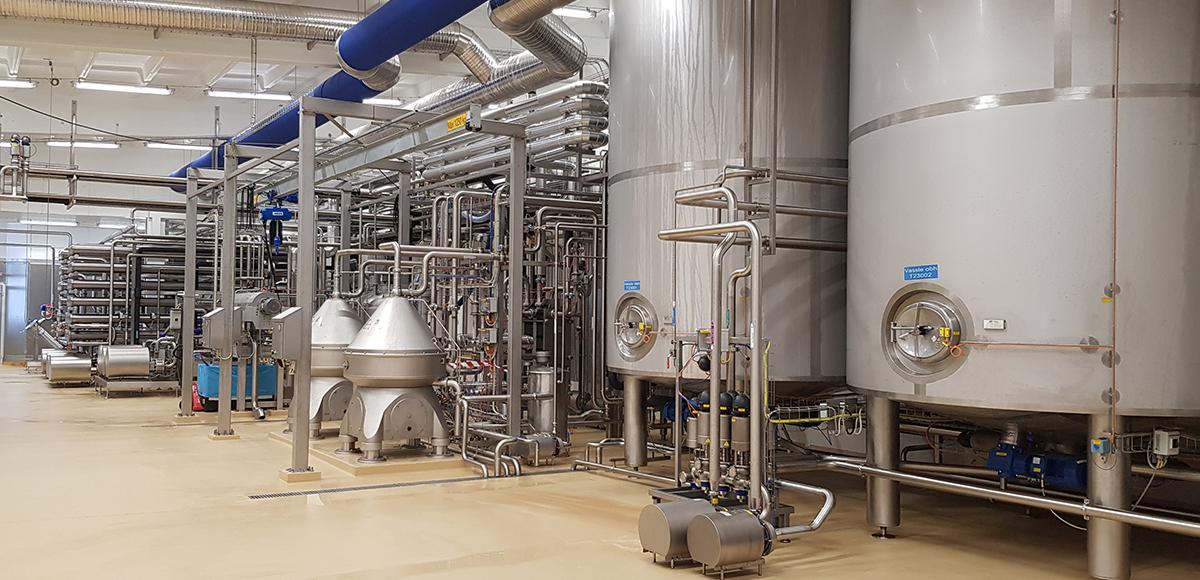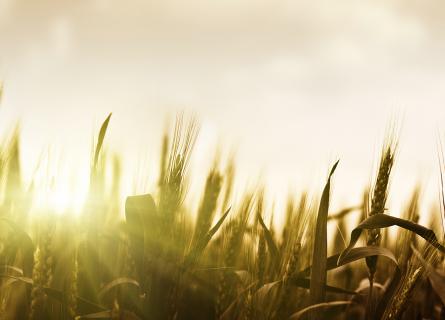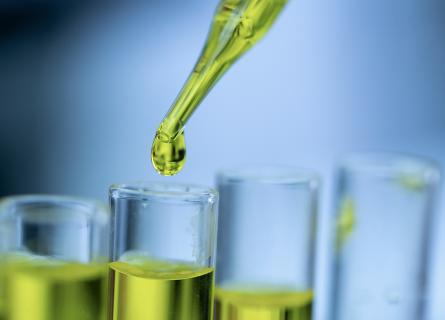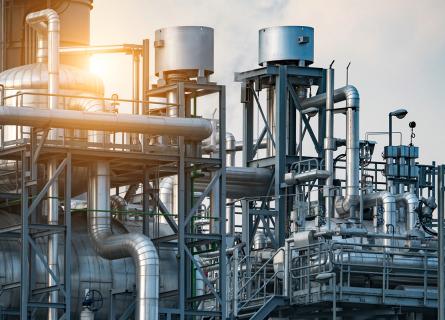
New Arla dairy plant completed
Since last summer, construction of a new dairy plant has been underway at Arla Foods in Swedish Falkenberg. Production is now up and running, and what used to be an unprofitable by-product is a valuable product.
Falkenberg dairy is Europe's largest producer of cottage cheese and turns out a range of products. AFRY's project team, consisting of experts from Sweden and Denmark, have spent more than a year creating an environmentally friendly plant, with new technology for the recycling and processing of by-products.
- Our efforts have been successful and we have worked in cooperation with the client towards a common goal. The project is not yet fully completed, but production is underway and the plant is in use, which is gratifying, says Mattias Frank, Section Manager at AFRY.
By-product becomes valuable product
By-products of the manufacturing process include whey, which was previously sent back to the dairy farmers, and rinse water, which used to be piped directly to the local water treatment plant. Now that the new plant is in use, whey is collected, concentrated and processed into whey protein, an ingredient used by food companies all over the world. In this way, a costly by-product becomes a valuable product instead. Likewise, cheese residue, which used to go down the sewer, is now concentrated through a separation process and resold. In addition, rinse water is now purified on site and fed back into the production, contributing to a positive environmental effect.
- Sustainable dairy production is a top priority at Arla. With the help of AFRY, we have increased our environmental efforts whilst adding value through a product previously not used, says Alan Thomsen, dairy manager at Arla Falkenberg.
Greater focus on waste and recycling
Not all dairy plants produce cheese and whey, but water treatment could be useful at many plants. Feeding rinse water back into the process, and being able to use the same water several times, is also important for the future, for in our future climate, water will be a key challenge to a functioning society. The processing of by-products that the new plant helps with also has positive environmental effects.
- By constantly refining the process and finding new uses, you use even more of the milk that came from the cow. Previously, some of it went down the drain, but not anymore, says Mattias Frank, Section Manager at AFRY.
According to Mattias Frank, this type of solution is increasingly in demand by clients.
- Yes, definitely. There in increased focus on waste and recycling, which makes sense, given that you can make money on something which wasn’t very useful a year ago. Clients can certainly benefit from it financially.


